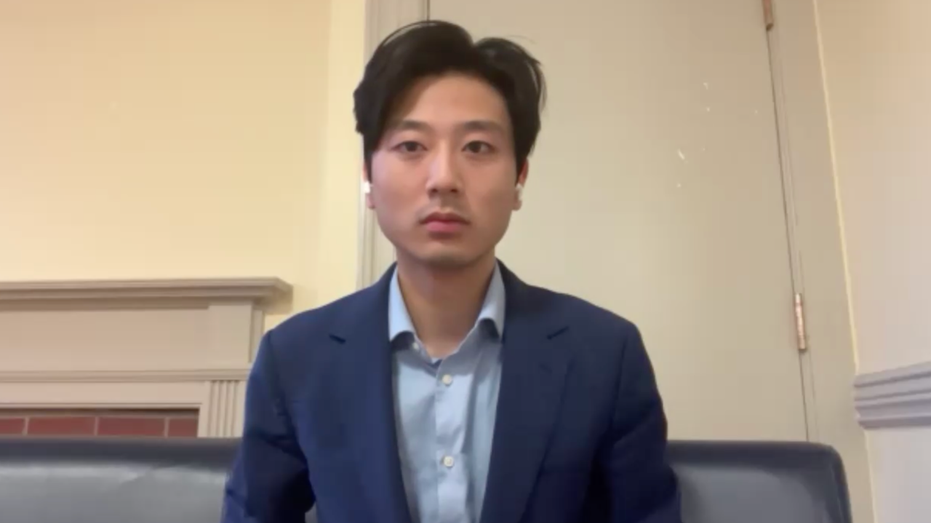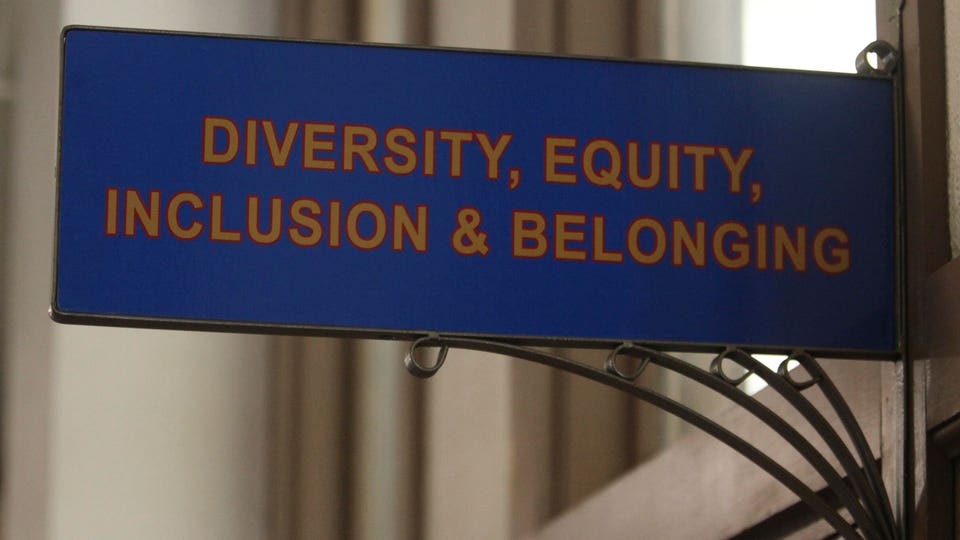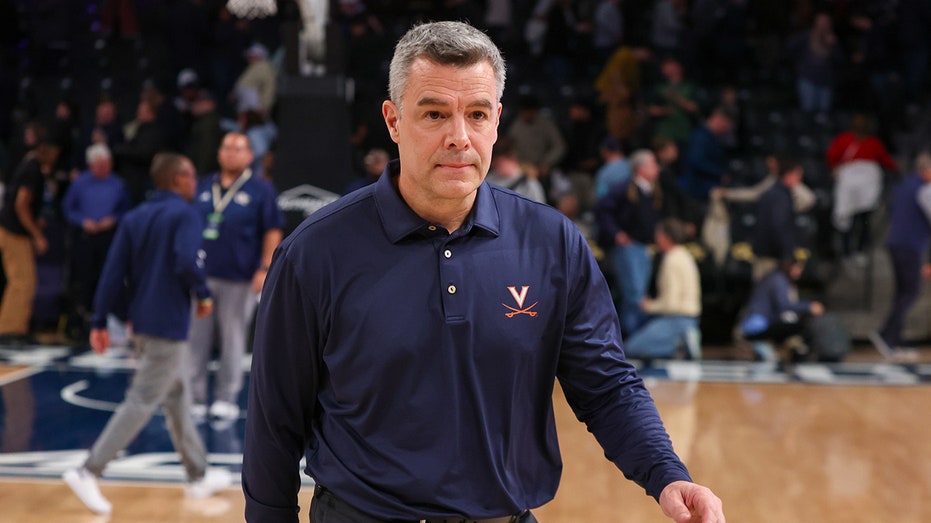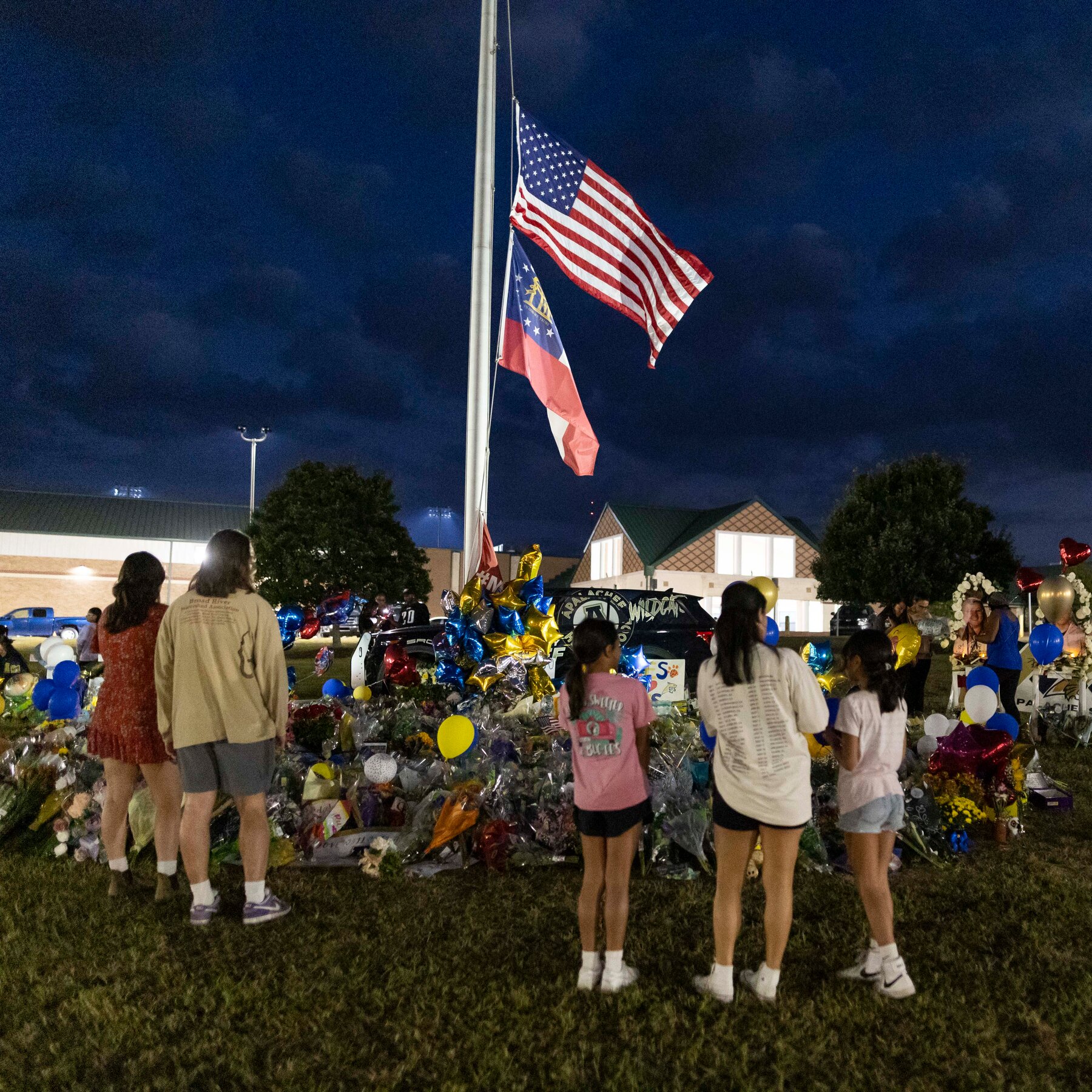Brown University has cleared student Alex Shieh as well as the board of The Brown Spectator of allegations that they violated Brown University’s name, licensing, and trademark policies.
“Elite academia is in crisis because of a refusal to accommodate ordinary Americans and an unaccountable class of bureaucrats who treat universities as corporate brands rather than institutions of learning,” Shieh told Fox News Digital in a statement. “I think we need to rethink what it means to be elite. Today, elite schools are elitist. I’m fighting for them to be elite in a meritocratic sense, where they are filled with the best and the brightest, not the richest and most well-connected.”
Shieh, a rising junior who was cleared of wrongdoing by the university on May 14, 2025, had previously angered school officials by sending a DOGE-like email to non-faculty employees identifying himself as a journalist for The Brown Spectator and asking them what they do all day to try to determine why the school’s tuition has gotten so expensive.
The Brown Spectator, which has a board of three people, including Shieh, was revived this year after it ceased publication in 2014.
The board members faced a disciplinary hearing on May 7 over allegations that they violated Brown University’s name, licensing and trademark policies.
Shieh told Fox News Digital that other campus publications also use the school’s name, including “The Brown Daily Herald,” another student-run nonprofit newspaper.
Shieh and the Spectator faced scrutiny from the university after Shieh began investigating positions he deemed redundant after reviewing 3,805 non-faculty employees who worked at Brown and emailing them to ask, “What do you do all day?”
In March, during free weekends, Shieh used AI to try to determine what Brown employees did and why the school, which costs nearly $96,000 a year, was so expensive.
When creating his database, he formatted it to identify three particular jobs: “DEI jobs, redundant jobs, and bulls–t jobs.”
Shieh said he wanted to investigate DEI because of President Donald Trump‘s executive orders addressing DEI policies, and his administration threatening to withhold federal funds to universities who employ them. The goal was to get as much data as possible to improve his research.
Only 20 of the 3,805 people emailed responded, and many of the responses were profane and hostile.
On Tuesday, Shieh sent a follow-up email, featured below, to Brown administrators which Shieh said was “one last opportunity to justify their roles”:
Dear {recipient_name},
I’m a reporter for the Brown Spectator, and on June 4, I will testify before Congress regarding potential antitrust violations at Brown, including price-fixing and unlawful tying arrangements, driven by Brown’s unsustainable growth in non-academic staffing and putting the cost of the American Dream out of reach for countless students who deserve a fair shot.
As part of my testimony, I will submit a list of Brown employees whose positions appear potentially redundant, unnecessary, or in violation of federal civil rights laws, to be preserved permanently in the Congressional Record. In the interest of fairness and accuracy, I am offering you a second opportunity to explain your role to Brown students and the American public.
Please respond to the following:
1. What are your primary responsibilities?
2. What tasks did you complete in the past 7 days?
3. How would Brown students be affected if your position were eliminated?
Those unable or unwilling to describe their job will be noted as such in the Congressional Record, and their roles will be evaluated without the benefit of their input.
Responses received by Wednesday, May 28 at 5:00 PM will be carefully considered before final materials are submitted to Congress. Thank you for your prompt attention to this matter.
CLICK HERE FOR MORE COVERAGE OF MEDIA AND CULTURE
In a statement to Fox News Digital, Shieh said, “Today’s follow-up email is about accountability. If Brown University can charge families $93,000 a year, it should at least be able to explain what its administrators do all day. This inquiry is a moral stand against the corruption of the American Dream by bloated, unaccountable bureaucracies that put diversity statements above student success.”
He is scheduled to testify on June 4 before the House Judiciary Committee’s Subcommittee on the Administrative State, Regulatory Reform, and Antitrust for a hearing entitled, “The Elite Universities Cartel: A History of Anticompetitive Collusion Inflating the Cost of Higher Education.”
“Brown may be attempting to hide antitrust violations that the House Judiciary Committee is seeking to uncover,” Shieh told Fox News Digital. “Brown had to settle a federal lawsuit last year related to illegal collusion in its financial aid packages, and this issue should be looked into further by the committee.”
In a statement to Fox News Digital, Brian E. Clark, vice president for news and strategic campus communications at Brown University, said that Shieh’s case was not about First Amendment issues.
“Despite continued public reporting framing this as a free speech issue, it absolutely is not,” Clark said. “Since the initiation of Brown’s review, that review has centered on investigating whether improper use of non-public Brown data or non-public data systems violated law or policy; whether deliberate targeting of individual employees violated law or policy; and whether violations to Brown’s misrepresentation or name use policies took place.”
Clark added that the university “has detailed student conduct procedures in place to investigate alleged conduct code violations, resolve them and — in instances when students are found responsible — implement discipline. They are publicly available and outline in detail how disciplinary procedures and hearings are conducted, the rights and responsibilities students have, what outcomes might be expected, and how students can appeal decisions.”
He also said their “Student Conduct Procedures” have “guided our actions since this issue originated. Students have ample opportunity to provide information and participate directly in that process to ensure that all decisions are made with a complete understanding of circumstances. As Brown’s procedures make abundantly clear, students are not presumed to be responsible for alleged violations unless so found through the appropriate conduct proceedings.”
Clark added that “Since the start of this matter, Brown has proceeded in complete accordance with free expression guarantees and appropriate procedural safeguards under University policies and applicable law.”
















Leave a Reply